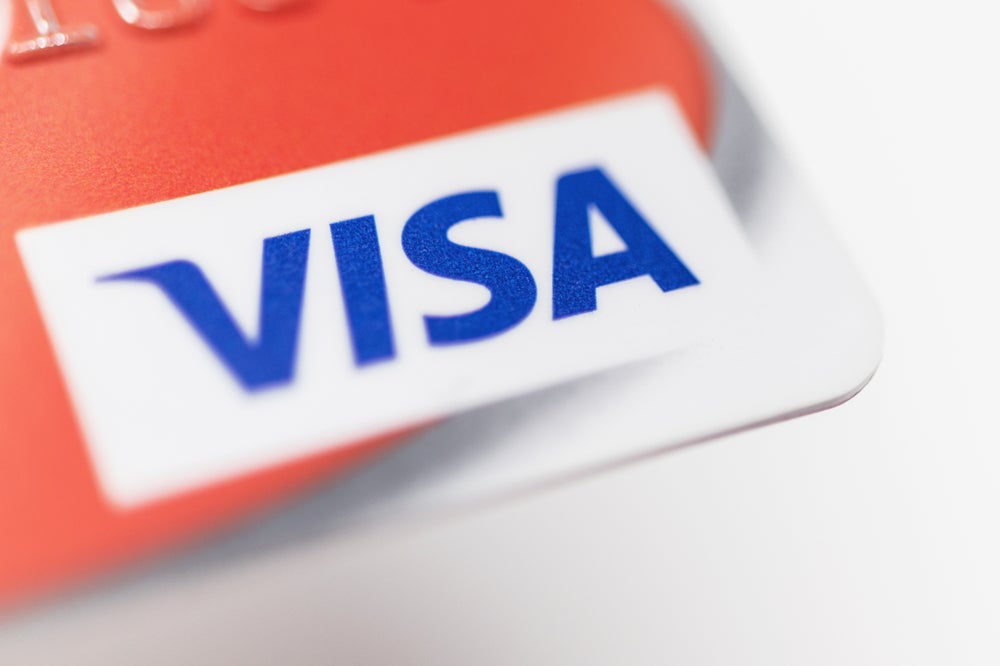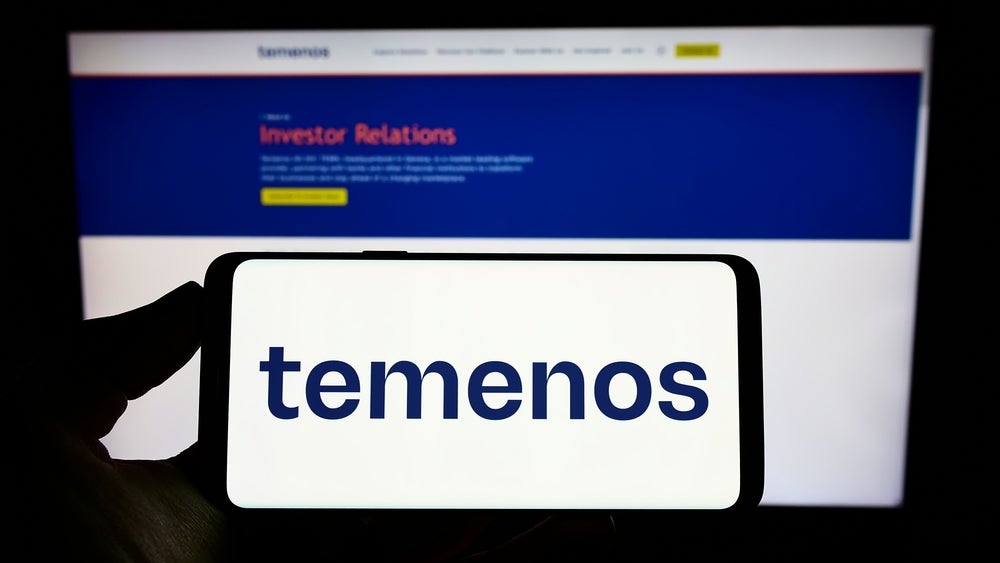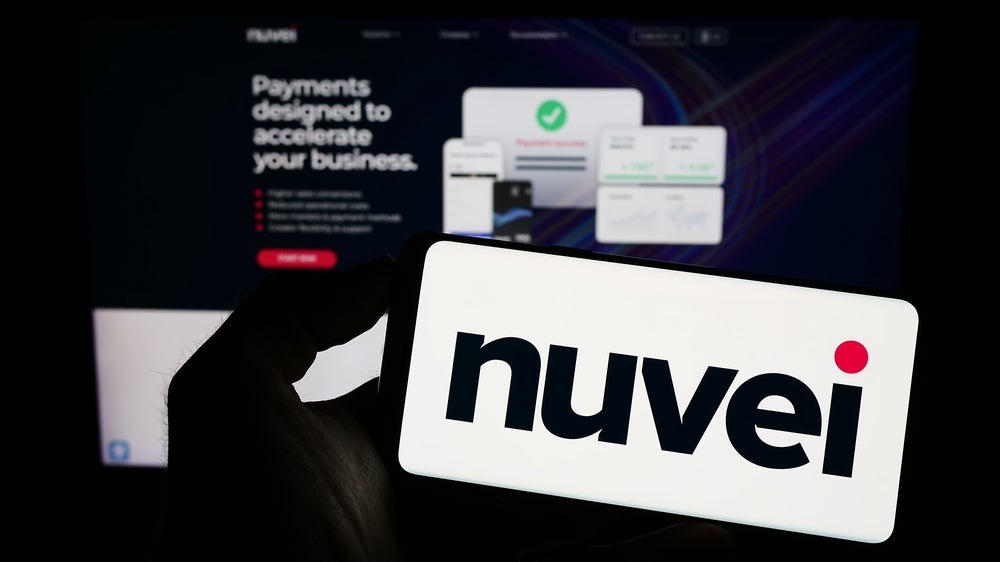investigation into Visa Europe’s interchange fees – three months
after it ruled MasterCard’s cross-border fee was illegal.
said it would investigate Visa Europe’s cross-border multilateral
interchange fees (MIF) as well as its ‘Honour-All-Cards-Rule’. The
decision to investigate Visa Europe’s MIF, a charge paid by a
retailer to a consumer’s bank when a card payment is made, comes
after the expiry at the turn of the year of an exemption agreement
between the card association and the Commission, dating back to
2002. The EC allowed Visa to continue to administer interchange
fees at a reduced rate, in exchange for immunity from
prosecution.
MasterCard’s cross-border MIF was illegal and gave it six months to
withdraw the charge. MasterCard has since appealed. Given that turn
of events, the Commission’s decision to launch an investigation
into Visa Europe’s similar, though lower, fee structure was a
widely anticipated move. Hugh Stokes, Visa’s senior legal advisor,
told CI: “The Commission has had a focus on interchange for a long
time. This was not a surprise – it was something it was always
going to do.”
‘Honour-All-Cards-Rule’
The main difference between the MasterCard ruling and the
forthcoming Visa investigation is the Commission’s focus on the
‘Honour-All-Cards-Rule’, which means merchants must accept all Visa
cards regardless of the type used or the payment amount. It is
controversial because merchants are charged different rates for
accepting different types of cards within the Visa network but have
to accept them all. MasterCard has effectively the same rule.
before and found no issue with the ‘Honour-All-Cards-Rule’. We
think it is an important rule because it’s a good message for the
consumer. They know their cards will be accepted and, if this was
not the case, it would discourage card usage.”
UK’s Switch card scheme (which has since migrated to MasterCard’s
Maestro scheme), who has previously argued for interchange in an
Office of Fair Trading enquiry, said he had found new evidence that
suggests there is less justification for the fees in mature payment
card markets.
and convincing evidence that current interchange fee arrangements
and levels of interchange fees are justified and that proves with
reasonable certainty that they have the claimed positive
effects.”
Consultants, a specialist in payment systems and cards, added: “It
has been proven in at least three separate studies, in the
Netherlands, Belgium and Australia, that the resource cost of
providing the payment service by credit cards is higher than for
debit cards. Why should the credit cardholder get away with paying
the same zero price for a credit card transaction when the cost to
society is higher?”
Damaging implications
Francesco Burelli, cards and payments specialist at management
consultants AT Kearney, said the ‘Honour-All-Cards-Rule’
investigation could have damaging implications for Visa and
MasterCard, as it would enable European merchants to selectively
refuse cards with higher charges.
How well do you really know your competitors?
Access the most comprehensive Company Profiles on the market, powered by GlobalData. Save hours of research. Gain competitive edge.

Thank you!
Your download email will arrive shortly
Not ready to buy yet? Download a free sample
We are confident about the unique quality of our Company Profiles. However, we want you to make the most beneficial decision for your business, so we offer a free sample that you can download by submitting the below form
By GlobalDatadominated by cash, this would have negative effects on the
migration from cash to electronic payments, and would damage
consumers as it would ultimately result in less freedom to choose
freely the preferred payment method. It would also discourage banks
from incentivising retail POS spend by consumers – and facilitate
the black economy that is so dependent on cash.”
forward by politicians, regulators and merchants, no interchange
reduction has been to the advantage of consumers as the only
beneficiaries are merchants. MIF reductions have not proven to be
resulting in lower retail prices.” Visa Europe is now independent
from Visa Inc after the latter’s flotation in the US.








